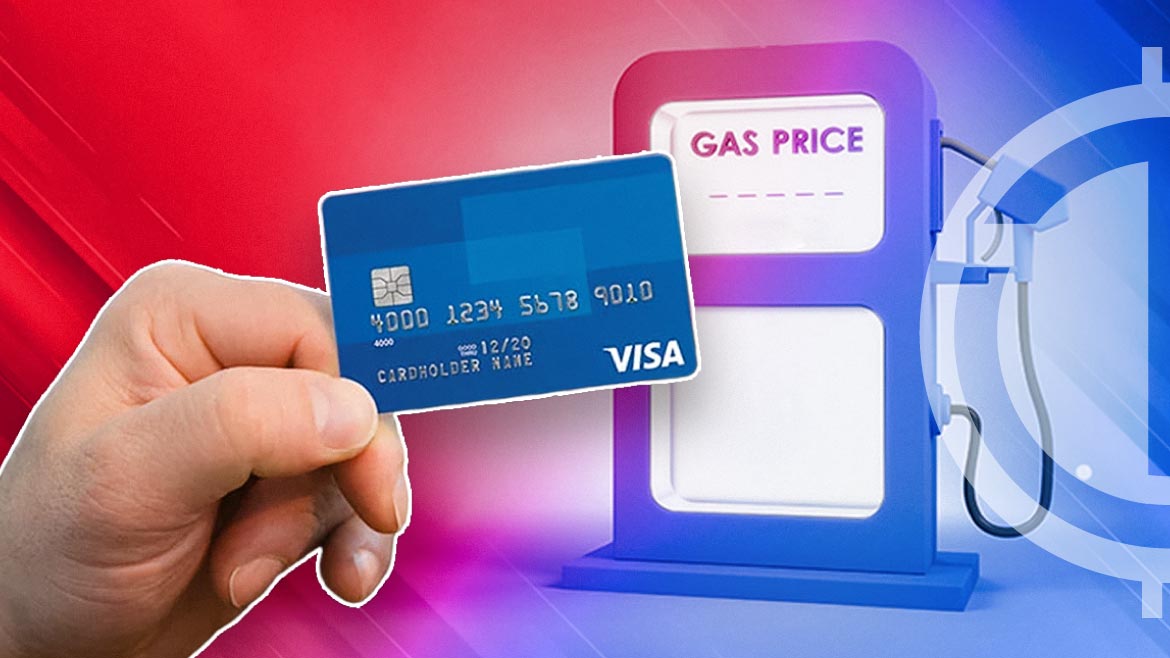- Global payments giant VISA shakes up Ethereum transactions with a successful test, opening doors to direct fiat payments for gas fees.
- VISA’s “paymaster contract” and tech fusion could change Ethereum’s funding approach, lessening cryptocurrency dependency on gas fees.
- VISA’s leap into blockchain integration signals a significant step in blending traditional finance and decentralized technology.
In an unexpected move that could reshape the way transactions are conducted on the Ethereum blockchain, global payments giant VISA has completed a groundbreaking test. The news, unveiled through a tweet by renowned crypto commentator Wu Blockchain on August 11th, 2023, marks a significant stride towards integrating traditional financial systems with the decentralized realm.
Visa stated that it has completed the test of users using credit or debit cards to pay the gas fee directly with fiat on the Ethereum Goerli testnet. Visa's technical team aims to provide a solution through the paymaster contract, combined with account abstraction and ERC-4337.…
— Wu Blockchain (@WuBlockchain) August 11, 2023
Wu Blockchain’s tweet highlighted a pivotal moment in the evolution of blockchain technology and its intersection with the conventional financial sector. Traditionally, Ethereum users must use the cryptocurrency Ether (ETH) to pay for gas fees—the costs associated with executing transactions and deploying smart contracts on the network. VISA’s innovative approach aims to streamline this process, allowing users to use credit or debit cards to cover these fees directly with fiat currency.
According to the recent report, VISA’s team of experts has created an innovative solution based on a “paymaster contract” combined with account abstraction and ERC-4337. This strategic fusion of technologies has the potential to completely transform the funding of Ethereum transactions, removing the necessity for users to exclusively possess cryptocurrency for covering gas fees.
VISA’s move to facilitate direct fiat payments for Ethereum gas fees has the potential to unlock enhanced accessibility and broader adoption of blockchain technology. This development could attract a broader user base and encourage more participation in the Ethereum ecosystem by bridging the gap between the conventional financial system and the decentralized world.
Moreover, this innovation has the potential to streamline the user experience, making it more intuitive and convenient for individuals who might be new to blockchain technology. The ability to pay gas fees directly with familiar payment methods could remove an entry barrier that might have deterred some from engaging with Ethereum previously.
While integrating traditional financial systems with blockchain technology is not entirely novel, VISA’s involvement in this arena signals a significant leap forward. It underscores the growing recognition of blockchain’s potential to transform and enhance various facets of the financial landscape.
As the crypto community eagerly awaits further details and potential implementations of VISA’s experiment, this milestone is a testament to the ongoing convergence of traditional finance and decentralized technologies. This innovation could mark a pivotal moment in blockchain adoption and utilization evolution.






